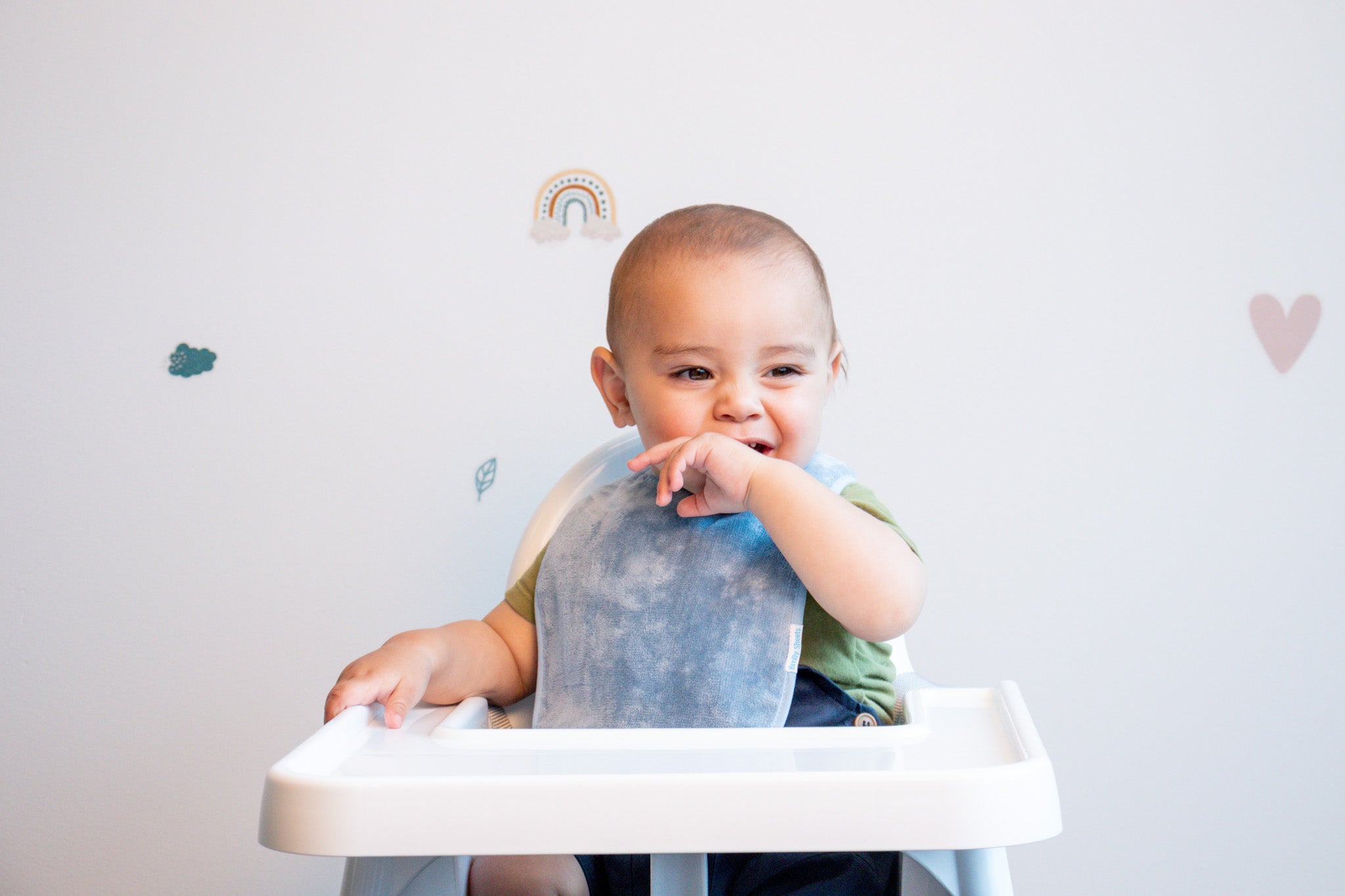
Parenting and Mental Health: Navigating Parenthood and Mental Well-being

Nurturing Minds: Parenting, Toddlers, and Mental Health - A World Mental Health Day Special at Brolly Sheets.
World Mental Health Day is a reminder of how vital mental health is, not just for ourselves but also for the children we raise. The link between parent mental health and child wellbeing is strong, when parents are supported and emotionally balanced, children feel more secure, resilient, and loved.
The Relationship between Parenthood and Mental Well-being
In the beautiful chaos of parenthood, the mental well-being of parents is a crucial factor in creating a harmonious family environment. This article explores the connection between parenting and mental health, shedding light on the emotional demands and stressors faced by parents.
The Rollercoaster of Emotions in Parenthood
Parenting is a journey filled with joy, love, and milestones, but it also brings challenges that can impact your mental health.
-
Sleepless nights with a newborn
-
Toddlers testing boundaries and independence
-
School-age children navigating friendships and emotions
These highs and lows can create parenting stress and emotional fatigue. Recognising this doesn’t mean you’re failing, it means you’re human. Self-care is the key to staying balanced while guiding your child through their world.

Common Parenting Stressors
Balancing work, family, and personal life often feels like walking a tightrope. Some of the biggest stress triggers for mums and dads include:
-
Lack of sleep and constant multitasking
-
Pressure to meet social or cultural expectations
-
Comparing yourself to other parents
-
Limited time for personal interests
Left unchecked, these stressors can lead to parental burnout, with signs like:
-
Persistent fatigue
-
Feeling overwhelmed
-
Emotional detachment
Practical Ways to Manage Parenting Stress
Looking after your mental wellbeing is just as important as looking after your child. Try these strategies:
-
Set routines – structure creates calm for kids and reduces your stress.
-
Take small breaks – even 10 minutes of quiet time helps reset your energy.
-
Reach out for support – talk to family, friends, or a professional if needed.
-
Practise mindfulness – simple breathing exercises or grounding techniques.
-
Move your body – exercise releases stress and boosts your mood.
Prioritising Parental Mental Health
Think of yourself as the captain of your family’s ship. A steady, healthy captain keeps the crew safe. When you practise self-care as a parent, you’re not being selfish, you’re creating stability for your child.
Ways to prioritise your wellbeing:
-
Make time for hobbies or activities that bring joy
-
Journal your thoughts and emotions
-
Establish healthy boundaries with work or social commitments
-
Seek professional support if you’re feeling stuck or overwhelmed
A resilient parent builds a positive, nurturing home where children feel safe to grow and thrive.
Conclusion: Empowering Parents for Mental Well-being
Parenting is messy, exhausting, and beautiful all at once. By taking care of your mental health, you’re giving your child the gift of a calmer, happier, and more resilient parent.
This World Mental Health Day, let’s celebrate the importance of supporting parents, so the next generation grows up in homes filled with security, love, and balance.










